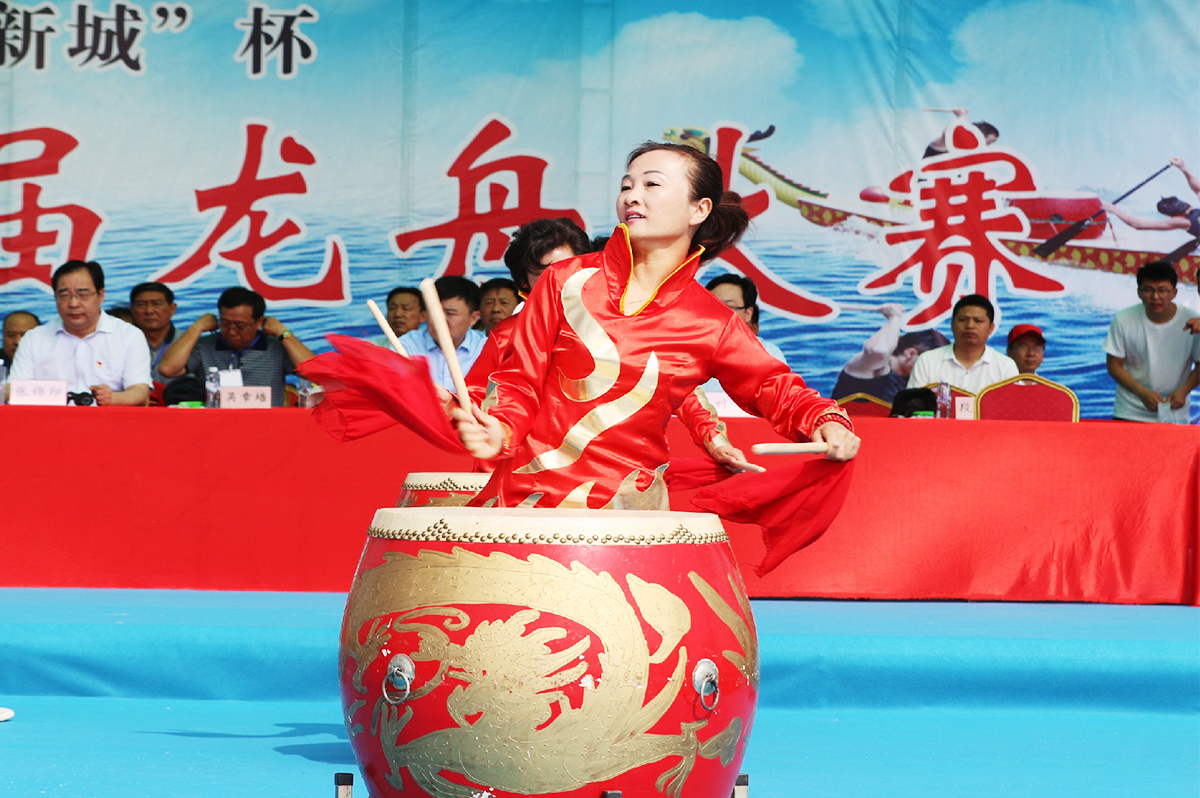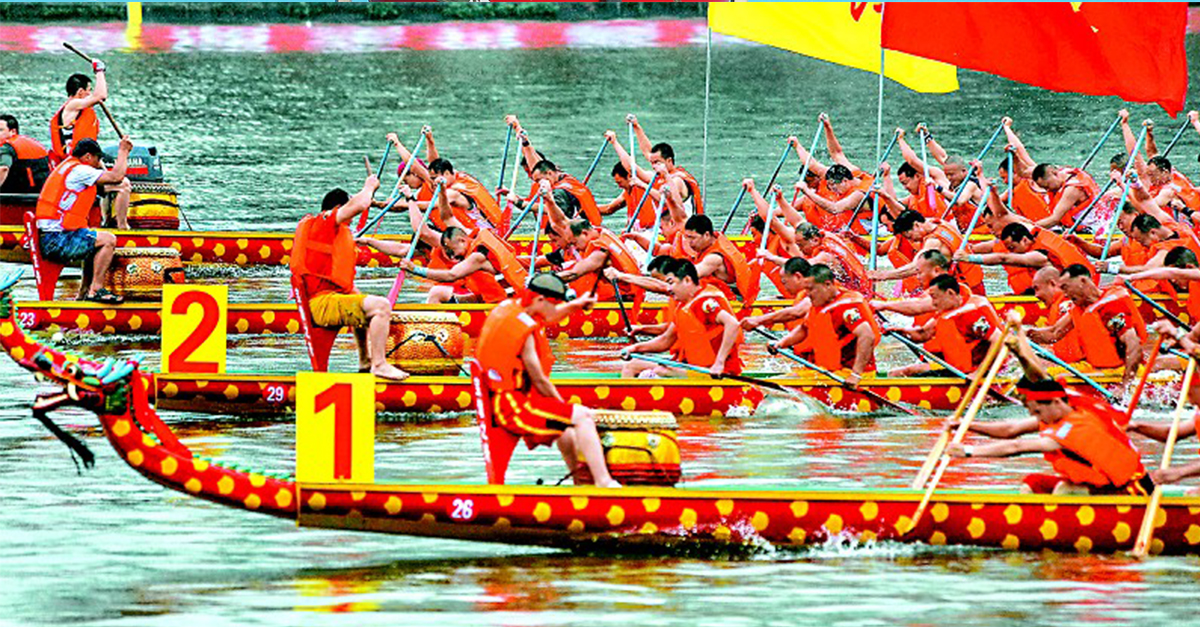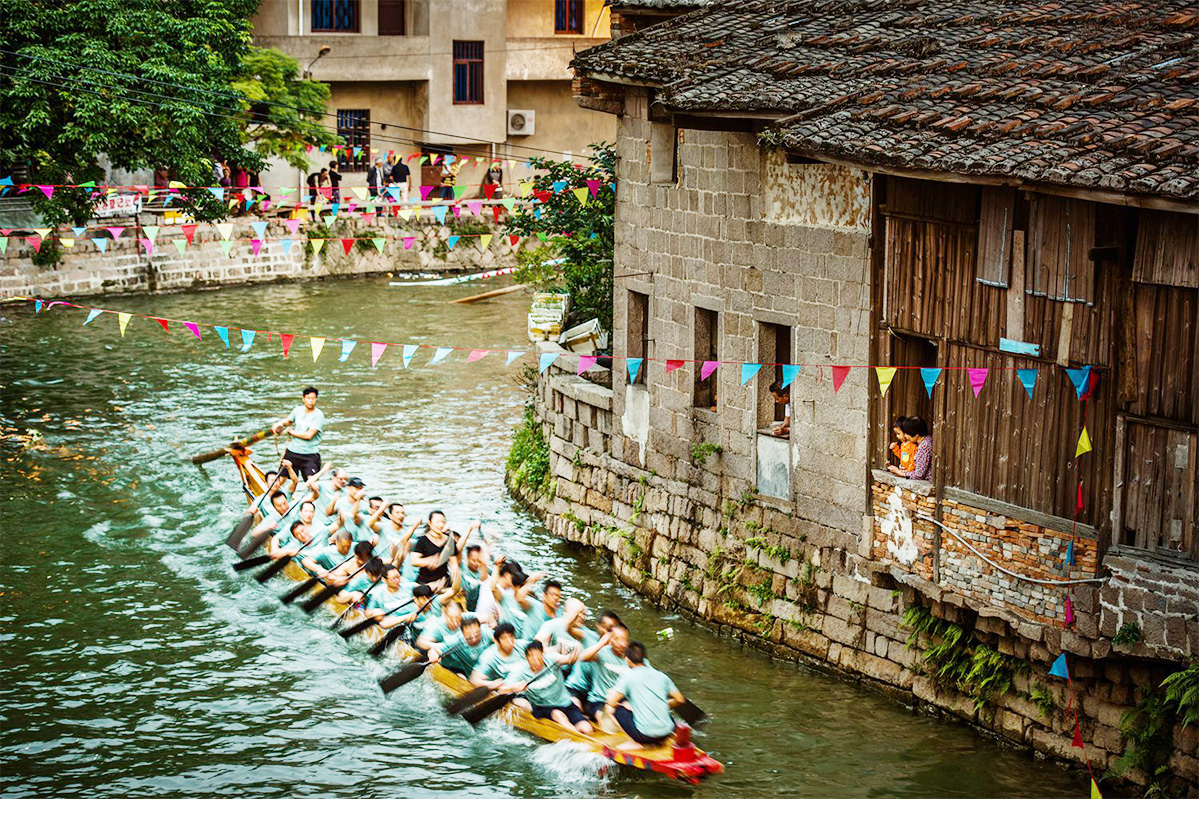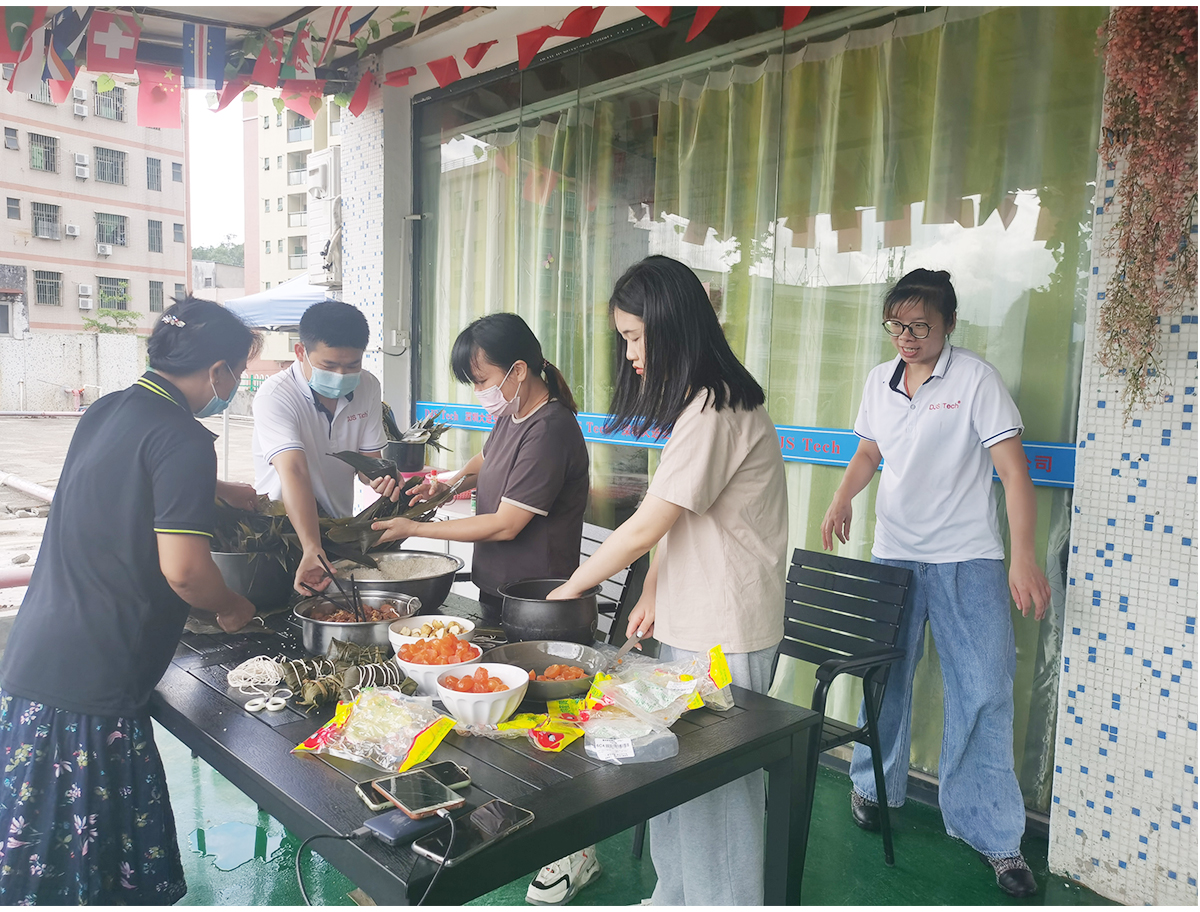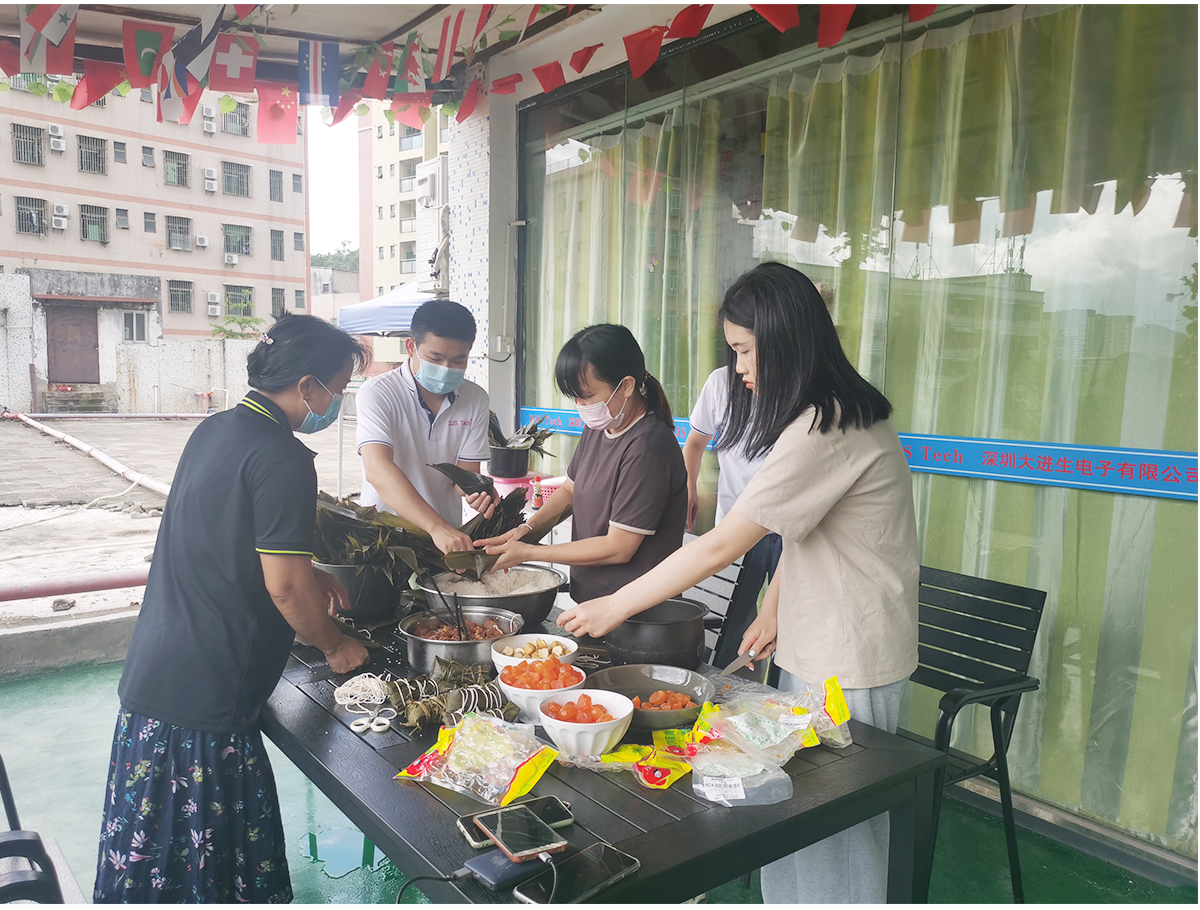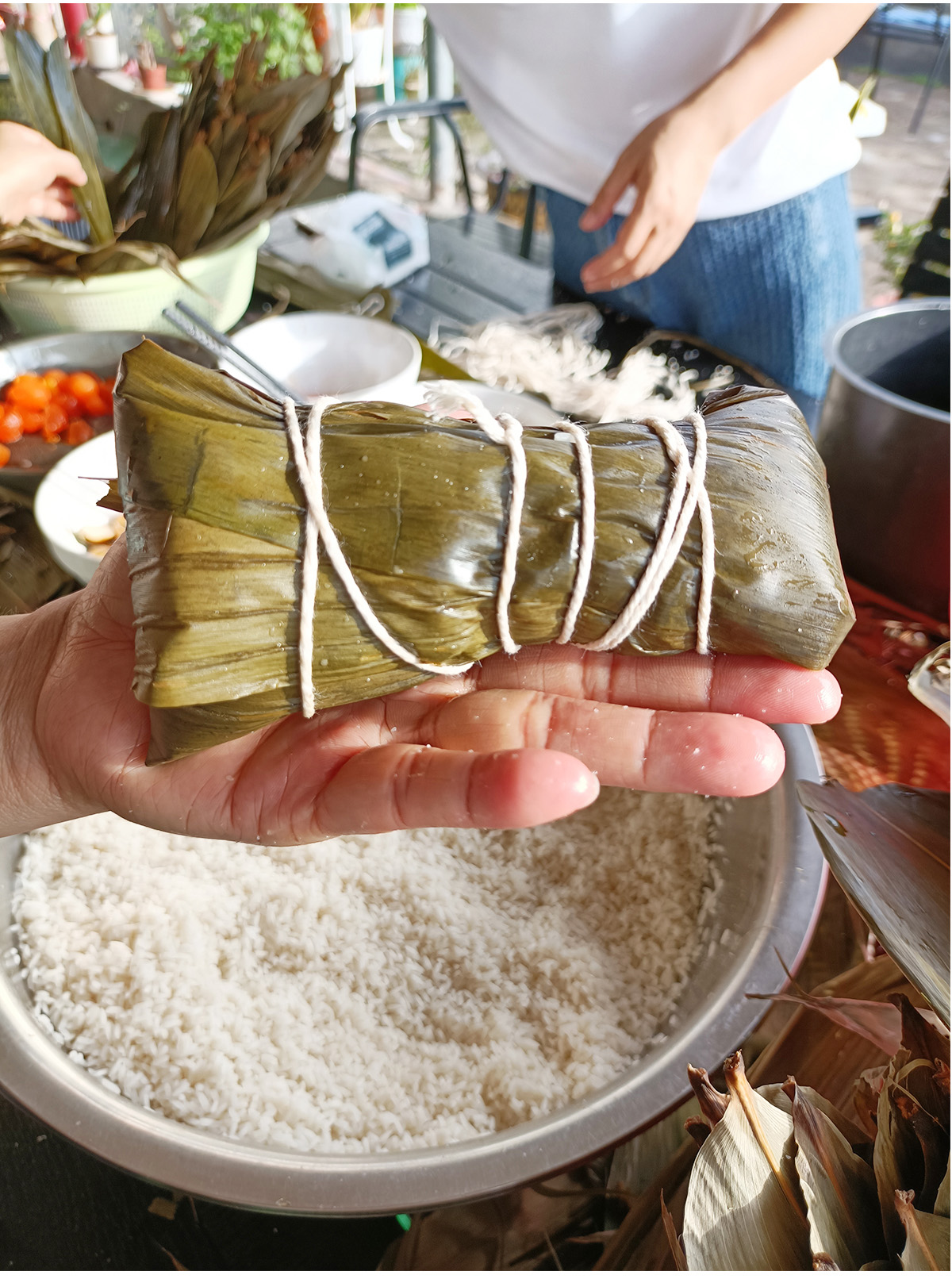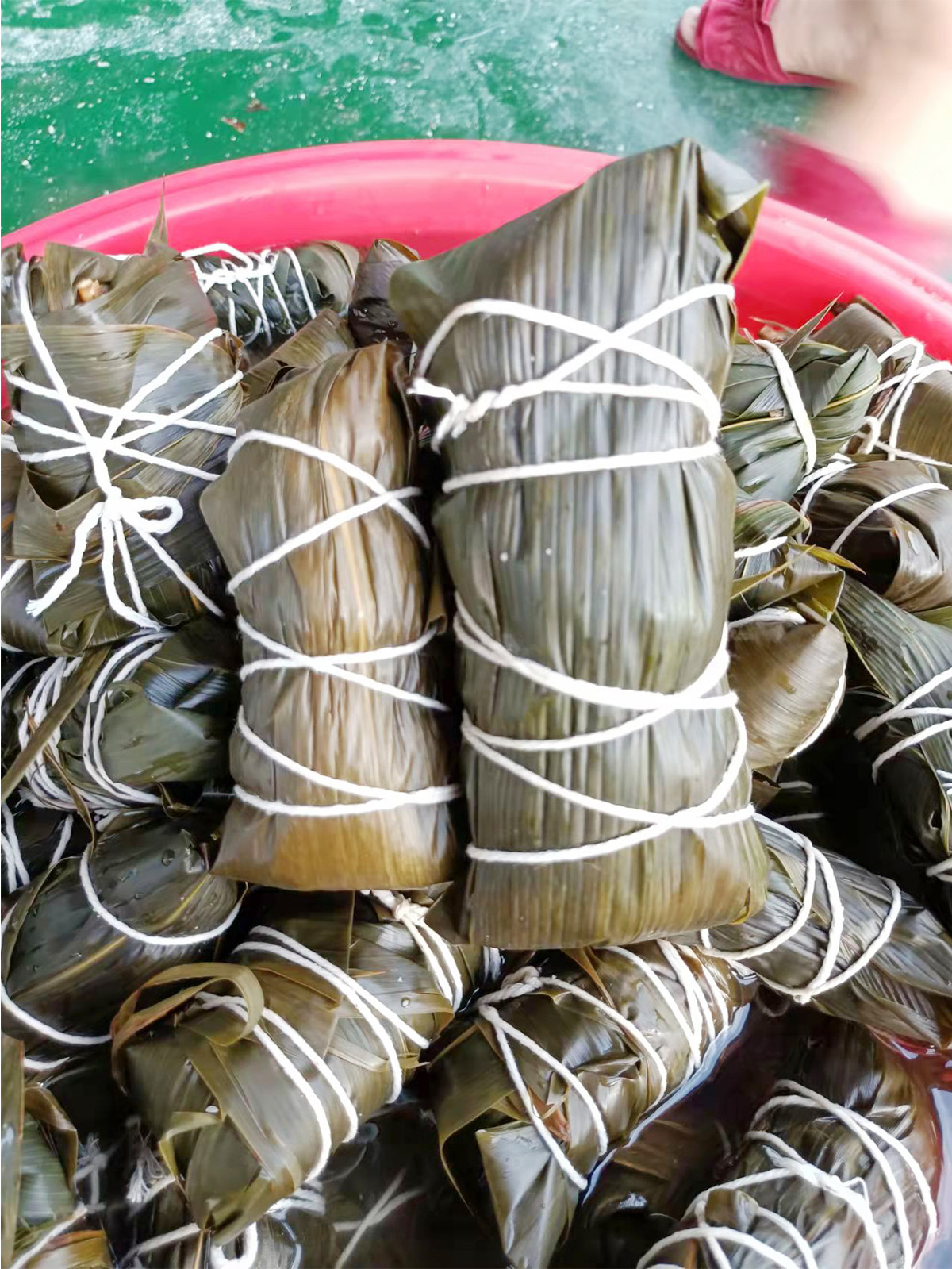Copyright © 2021 Shenzhen DJS Co., Ltd All rights reserved. Site Map Designed by iwonder.cn
The Dragon Boat Festival is a folk festival that integrates worshiping gods and ancestors, praying for blessings and warding off evil spirits, celebrating entertainment and eating. It not only clearly records the rich and colorful social life and cultural content of the ancestors, but also accumulates profound historical and cultural connotations. . The customs mainly include dragon boat rowing, dragon sacrifice, herbal medicine collection, hanging mugwort grass, noon drinking water, herbal washing water, worshiping gods and ancestors, immersing in dragon boat water, eating dragon boat rice, eating rice dumplings, putting paper dragons, putting paper kites, and tying five-color silk threads. , wear sachets, etc.
The Dragon Boat Festival originated from the worship of natural celestial phenomena and evolved from the sacrifice of dragons in ancient times. On the Midsummer Dragon Boat Festival, Canglong Qisu flew to the center of the south, just like the 95th line of "Book of Changes": "The flying dragon is in the sky". The ancients worshiped the ancestors of the dragon on the auspicious days of "the flying dragon is in the sky", and held some festive activities, especially the elements of the activities corresponding to the dragon, such as activities such as picking up dragon boats, or doing some activities to pray for blessings and ward off evil spirits on this auspicious day. The Dragon Boat Festival is the "Dragon Festival", and the dragon and dragon boat culture runs through the historical inheritance of the Dragon Boat Festival.
The customs of the Dragon Boat Festival are rich in content, and there are differences in the content or details of customs due to different regional cultures across the country. These festivals and customs revolve around the forms of offering sacrifices to dragons, praying for blessings, and warding off disasters. Traditional festival ceremonies and related customs activities are important elements of festival elements. During the Dragon Boat Festival, various traditional folk activities are performed, which can not only enrich the spiritual and cultural life of the masses, but also inherit and carry forward traditional culture well.
origin of the festival name
The word "Dragon Boat Festival" first appeared in the "Territory Records" written by Zhou Chu, a famous official of the Western Jin Dynasty: "The Midsummer Dragon Boat Festival is also called the fifth day of the fifth month of the fifth month. , called "Duanwu" is also called "Chuwu". The ancients used to call the first few days of May by Duan respectively. In Yuan Dynasty Chen Yuanliang's "Sui Shi Guang Ji" said: "Chen people in Jingshi City take the first day of the fifth month as Duan 1, the second day of the first month as Duan 2, and the number to five is called Duan 1. The end of the fifth. "The ancients used the Heavenly Stems and Earthly Branches in the year, and "May" and "Wuyue" were connected. "Shuowen Jiezi" contains: "Duan, the question of the beginning of things", that is, the meaning of Duan is the beginning, so the fifth day of the fifth month is called the Dragon Boat Festival. In the pre-Qin period, the Dragon Boat Festival was the day between the noon, noon, noon, and sun. In the Han Dynasty, the imperial court changed the Dragon Boat Festival to "the fifth day of the fifth month" in order to facilitate the festival.
According to "Jingchu Suishui Ji", because midsummer climbs high, Shunyang is on top, and May is midsummer. "Duanyang Festival". The ancients used the Heavenly Stems and Earthly Branches to calculate the year. According to the order of the Earthly Branches, May is the "Wuyue", and the afternoon is "Yangchen", so the Dragon Boat Festival is also called "Duanyang". Noon, the ancients and "five" are common, so the Dragon Boat Festival and the Dragon Boat Festival are synonymous. According to statistics, the Dragon Boat Festival has the most names among all traditional Chinese festivals, with more than 20 names, such as the Duanwu Festival, the Chongwu Festival, the Dila Festival, the Duanyang Festival, the Chongwu Festival, the Tianzhong Festival, and the Noon Day. Festival, Dragon Festival, Summer Festival, May Festival, Poet Festival, Calamus Festival, Dragon Boat Festival, Bath Lan Festival, Zongzi Festival and so on.
Historical Origins
The ancient traditional festivals originated from primitive beliefs. The festivals were formed when the ancients chose auspicious days to offer sacrifices to thank the gods of heaven and earth, and the kindness of ancestors. The Dragon Boat Festival is the oldest folk festival in China, which originated from the dragon totem festival held by the ancient Yue people in the Baiyue area. A large number of unearthed cultural relics and archaeological research in modern times have confirmed that in the vast area south of the middle and lower reaches of the Yangtze River, in the Neolithic Age, there is a cultural relic characterized by geometric printed pottery. The Baiyue ethnic group (Guyue ethnic group), the ornaments and historical records on the unearthed pottery show that they have the custom of cutting off their hair and tattooing to resemble the dragon child. They live in water towns, and they are like descendants of the dragon. The Dragon Boat Festival was created by them for sacrifice. Longzu's festival. After more than 2,000 years of historical development since the Qin and Han Dynasties, most of the Baiyue people have been integrated into the Han nationality, and the rest have evolved into many ethnic minorities in the south; therefore, the Dragon Boat Festival has become a festival for the entire Chinese nation.
The main custom of the Dragon Boat Festival is the dragon boat race, which is the earliest sacrificial activity for the ancient Yue people to sacrifice dragon totem. Before the Spring and Autumn Period, the Baiyue Land had the custom of holding totem sacrifices in the form of dragon boat racing on the noon and noon days. On the noon and noon days when the yang qi began to flourish every year, the boats with the shape of dragons were used to carry tributes such as ancient rice dumplings and other tributes. The sacrifices are in the form of races to sacrifice to the ancestors of the dragon, to relieve misfortune and pray for blessings. Today, the Dragon Boat Festival is still an important event of the Dragon Boat Festival.
